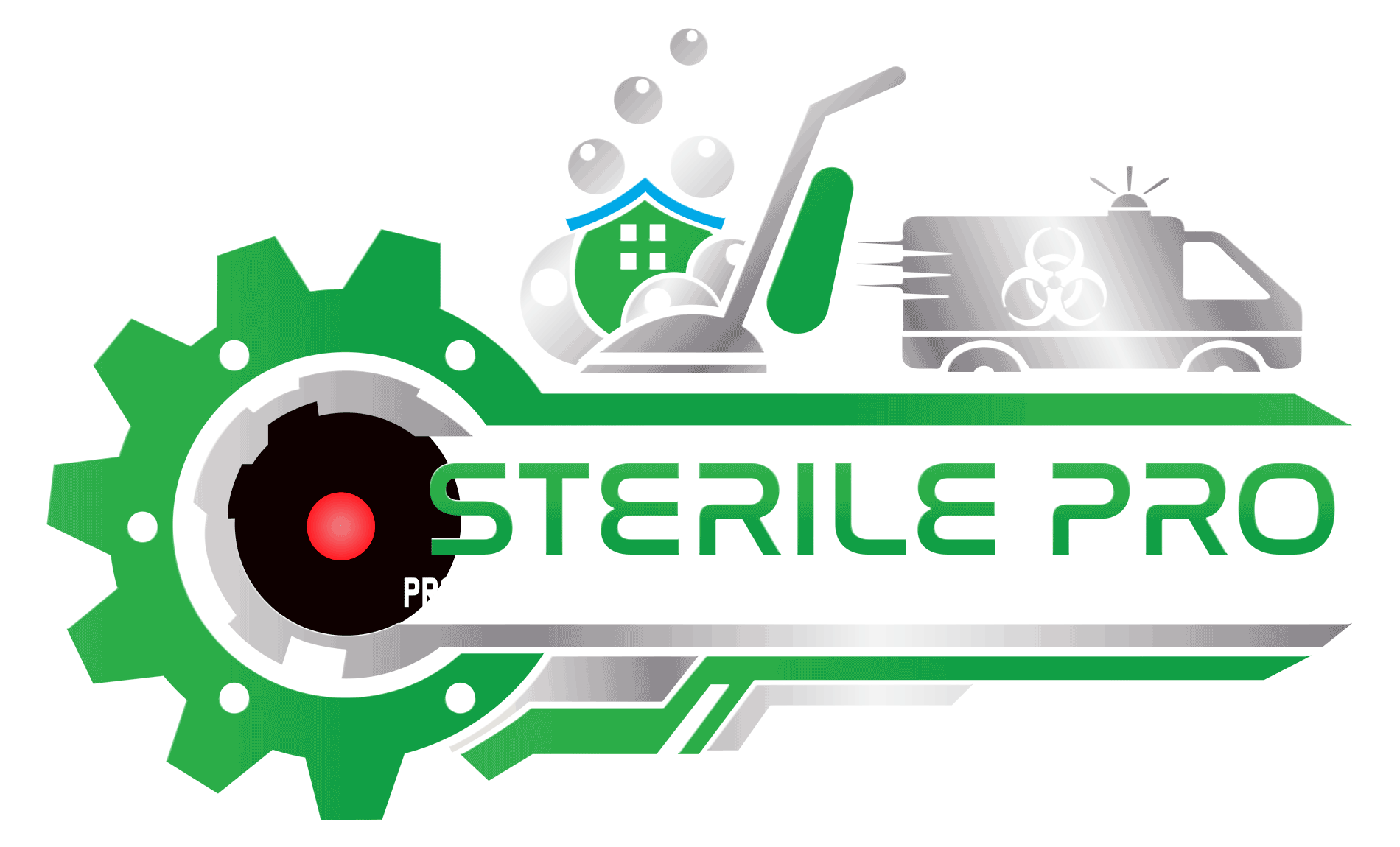Essential Tips for Growing Your Sanitation Franchise Business

Growing a sanitation franchise business requires a strategic approach that balances industry expertise with effective business management. As the demand for reliable sanitation services continues to rise, franchise opportunities in this sector offer promising avenues for expansion and profitability. Whether you’re already established or looking to venture into the sanitation franchise market, understanding key strategies can significantly impact your growth trajectory.
The sanitation industry plays a pivotal role in public health and safety, making it a resilient sector even during economic fluctuations. Franchises within this niche cater to diverse needs ranging from residential cleaning to specialized disinfection services for commercial spaces. With heightened awareness of hygiene standards post-pandemic, the demand for professional sanitation solutions has soared, presenting ample growth opportunities for franchise owners.
Successful sanitation franchise growth begins with a solid foundation. This includes selecting a reputable franchise brand known for its quality standards and operational support. Choosing a franchise that aligns with your business goals and values ensures a cohesive partnership that enhances your credibility in the market. Additionally, investing in comprehensive training programs for your staff ensures consistent service delivery that meets or exceeds industry standards.
Effective marketing is crucial for expanding your sanitation franchise business. Utilizing digital marketing channels such as social media, search engine optimization (SEO), and targeted online advertising helps increase brand visibility and attract potential customers. Highlighting your franchise’s unique value propositions, such as eco-friendly practices or specialized cleaning technologies, can differentiate your services in a competitive market.
Staying abreast of industry trends and consumer preferences is essential for sustained growth. Embracing innovations in sanitation technologies, such as advanced cleaning equipment or environmentally sustainable practices, not only enhances service efficiency but also appeals to environmentally conscious customers. Moreover, diversifying service offerings to include specialized disinfection services for healthcare facilities, schools, or industrial spaces can broaden your client base and revenue streams.
Focusing on these essential strategies—understanding market dynamics, building a strong foundation, implementing effective marketing strategies, and adapting to industry trends—can position your sanitation franchise business for long-term success and profitability.
Growing a sanitation franchise business requires a strategic blend of industry knowledge, operational efficiency, and effective marketing. As businesses and consumers increasingly prioritize hygiene and cleanliness, the demand for professional sanitation services continues to rise. Whether you’re entering the market or expanding an existing franchise, understanding key strategies can pave the way for success.
Understanding Market Dynamics
The sanitation industry serves as a cornerstone of public health and safety, encompassing a wide range of services from routine cleaning to specialized disinfection. This sector’s resilience becomes evident during economic fluctuations and health crises, making sanitation franchises attractive for their stability and essential service offerings. Post-pandemic, there has been a heightened awareness of hygiene standards across all sectors, driving sustained demand for reliable sanitation solutions. Franchise opportunities within this niche not only meet regulatory requirements but also cater to evolving consumer expectations for cleanliness and sanitation standards.
Building a Strong Foundation
A solid foundation is crucial for the long-term success of any sanitation franchise. Choosing the right franchise model involves selecting a brand with a proven track record of operational excellence and brand reputation. Franchisors that offer comprehensive training programs equip franchisees and their teams with the necessary skills to deliver consistent and high-quality services. Establishing strong operational protocols ensures efficiency, safety, and compliance with industry standards. This foundation not only enhances service delivery but also builds trust with customers, positioning the franchise as a reliable provider in the competitive market.
Effective Marketing Strategies
Marketing plays a pivotal role in expanding the reach and visibility of a sanitation franchise business. Utilizing digital marketing strategies such as search engine optimization (SEO), social media marketing, and pay-per-click advertising helps target local markets and reach potential customers effectively. Highlighting the franchise’s unique selling propositions (USPs), such as eco-friendly practices, advanced cleaning technologies, or customizable service packages, distinguishes it from competitors. Leveraging customer testimonials and case studies can also build credibility and trust, encouraging new customers to choose your franchise for their sanitation needs.
Adapting to Industry Trends
Staying ahead of industry trends is essential for maintaining competitiveness and meeting evolving customer demands. Innovations in sanitation technologies, including smart cleaning systems, eco-friendly products, and advanced disinfection methods, not only improve service efficiency but also appeal to environmentally conscious consumers. Diversifying service offerings to include specialized disinfection services for healthcare facilities, educational institutions, and commercial properties expands the franchise’s market reach and revenue streams. Adapting quickly to new health and safety regulations ensures compliance and reinforces the franchise’s commitment to maintaining high standards of cleanliness and sanitation.
Financial Planning and Operational Efficiency
Successful growth in a sanitation franchise business heavily relies on robust financial planning and operational efficiency. Franchise owners must carefully manage costs, including initial franchise fees, ongoing royalties, and operational expenses such as equipment maintenance and staff salaries. Implementing efficient scheduling and inventory management systems minimizes waste and optimizes resource allocation, enhancing profitability. Moreover, establishing strong relationships with suppliers ensures timely access to quality cleaning products and equipment, essential for maintaining service standards and customer satisfaction.
Customer Relationship Management
Building and nurturing customer relationships is essential for long-term success in the sanitation franchise industry. Franchisees should prioritize personalized customer service and responsiveness to client needs. Implementing feedback mechanisms, such as customer surveys or follow-up calls, demonstrates a commitment to continuous improvement and customer satisfaction. Developing loyalty programs or referral incentives can also encourage repeat business and word-of-mouth referrals, contributing to sustained growth and a loyal customer base.
Legal and Regulatory Compliance
Navigating legal and regulatory requirements is crucial for operating a sanitation franchise business smoothly and avoiding potential liabilities. Franchise owners must stay updated on local, state, and federal regulations governing sanitation practices, employee safety, and environmental standards. Compliance with health codes and licensing requirements ensures operational legitimacy and builds trust with customers and regulatory bodies alike. Proactively addressing compliance issues and investing in ongoing training for staff on regulatory updates mitigate risks and uphold the franchise’s reputation as a responsible corporate citizen.
Conclusion
In conclusion, growing a sanitation franchise business requires a multifaceted approach that integrates industry knowledge, operational excellence, effective marketing strategies, and adaptability to industry trends. By building a strong foundation based on reputable franchisors, comprehensive training, and operational efficiency, franchises can establish themselves as trusted providers of essential sanitation services. Embracing digital marketing tactics and leveraging industry innovations further enhances market presence and customer engagement. As the sanitation industry continues to evolve, franchises that prioritize quality, innovation, and customer satisfaction are well-positioned for sustained growth and profitability in this dynamic sector.
“For more information please click on this link“



